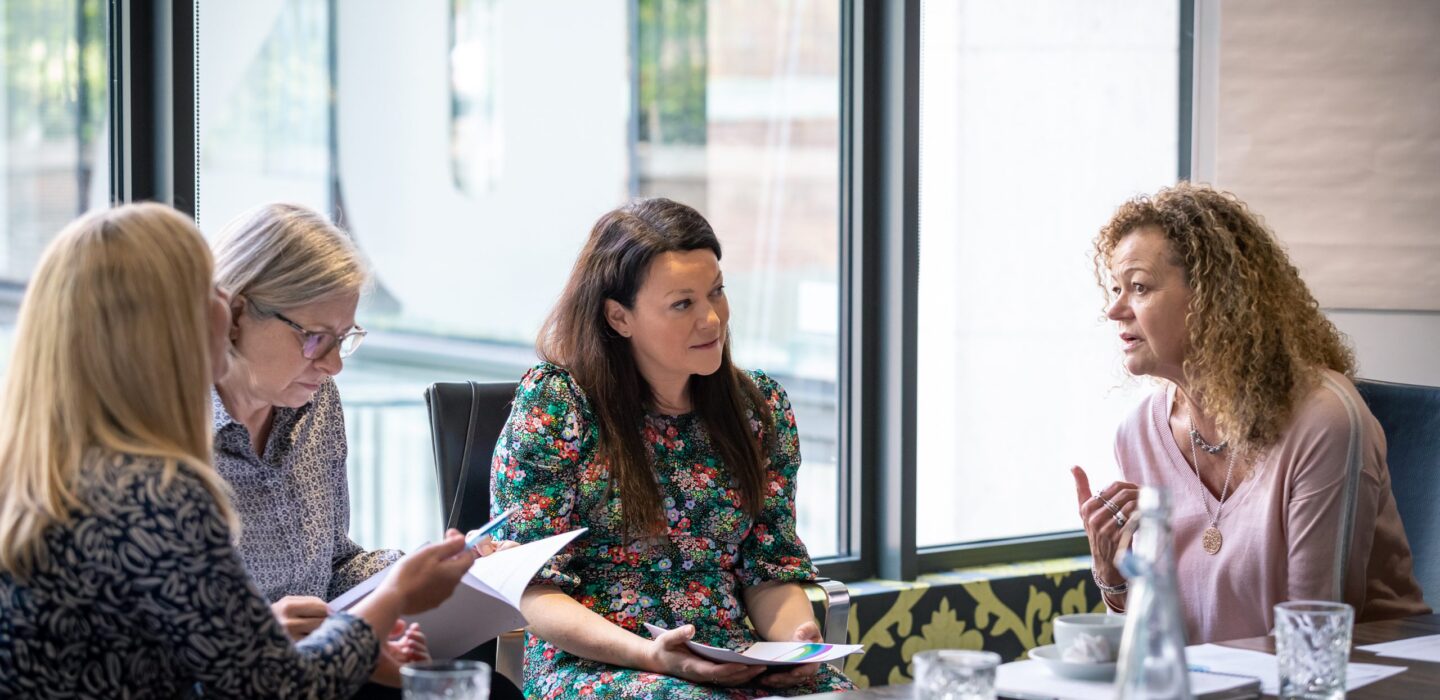
Psychological Safety Unwrapped
News views and events from Leadenhall
Contact us now

News views and events from Leadenhall
By Frances White
“When people believe they can speak up at work, the learning, innovation and performance of their organisations is greater. Teams and organisations in which people believe that their voices are welcome outperform their counterparts.” Dr Amy Edmondson, Novartis Professor of Leadership and Management at Harvard Business School.
Dr Amy Edmondson coined the phrase “psychological safety” in an article back in 1999. Since then, she has built the Fearless Organisation, which alongside training also offers the mechanism to rate the levels of psychological safety in a team or organisation, using the PS Index. We have probably all come across the term, usually used in relation to the “culture” or sense of what it is like to work in a particular team or community.
Building psychological safety in environments that feel in any way unsafe, is imperative. In a world of intense anxiety, uncertainty and unpredictability, where much is complex and feels out of our control, we seek safe spaces more than ever. Particularly at work, we need to feel safe to speak up and to show up, in our diverse ways of being and expressing ourselves. Suddenly everything feels more risky, as people feel judged more than ever before. Some feel attacked or at risk and raise grievances and complaints. The impact on productivity and wellbeing is often sudden, costly and very slow to resolve.
Add to this the high levels of depression, anxiety and self-medication, rising levels of suicide and long-term sickness, leaving others unsupported and overwhelmed covering for those missing, and we have a recipe for difficult, fractious, nervous perhaps even neurotic work teams. In this environment, it is even harder for anyone to do their best work, to perform at the highest levels, to be creative and innovative. So, the impact on the performance of organisations is significant.
Restoring psychological safety by working to identify “causes” and find “solutions” is often something that HR professionals struggle to disentangle, as it is usually systemic and complex. Whilst it is usually tempting to locate the “cause” in one person or relationship – and mediation is sometimes sought – it is usually far less clear than this and the damage to the psychological safety in the team is already hard to restore.
In other organisations, there is simply an urge to pay attention to supporting psychologically safe environments so that creativity and innovation can be encouraged, to teach teams how to sustain the relationship patterns and ways of interacting and communicating that support open, engaging, inclusive spaces. In this culture, most people thrive and good habits are built.
In this session, we will –
Participants will learn a little more than an introduction, hear stories from those who have worked with the model and PSI tool and explore for themselves how this might form part of their own client work. Further sessions may be offered for a deeper inquiry into working with the material.
Please leave your details below to have a chat